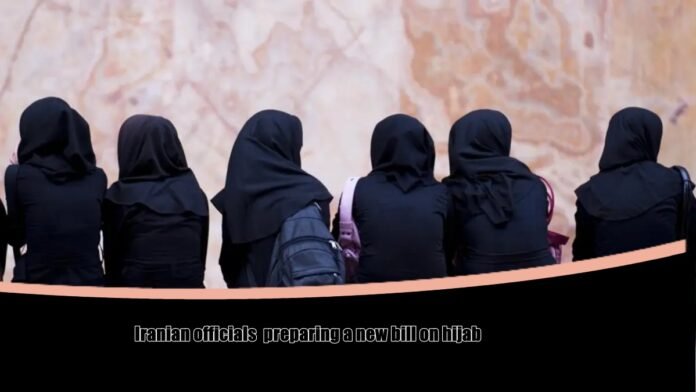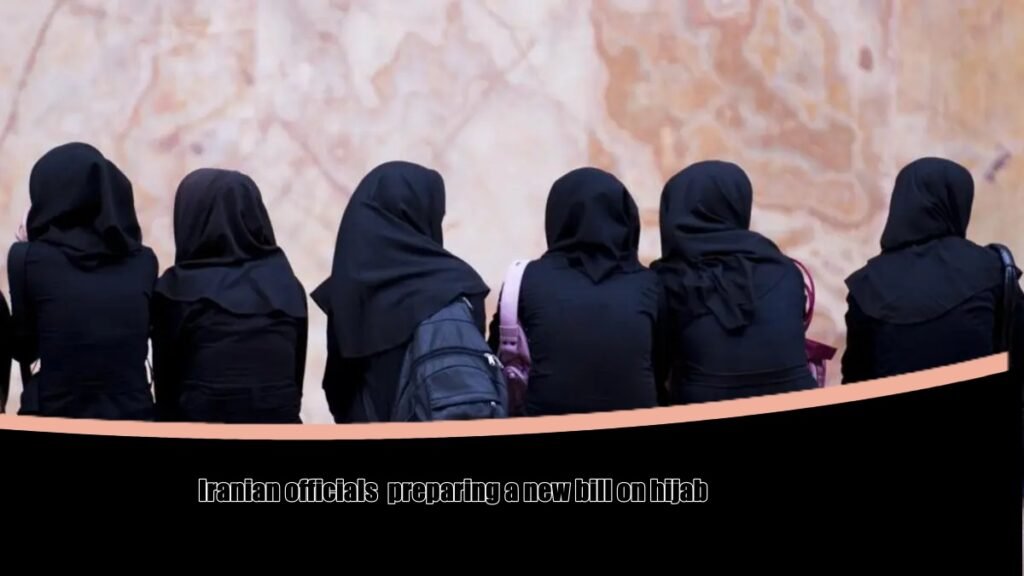
New Delhi: According to CNN, experts said the bill is a warning to Iranians that Iran will not back down from its stance on the hijab rule, despite massive protests across the country last year. The 70-article draft law sets out a number of proposals, including longer prison terms for women who refuse to wear the veil, tougher new penalties for celebrities and businesses who flout the rules, and artificial intelligence to help those women who shall be identified as violating the dress code.
The bill was submitted to the government for consideration by the judiciary earlier this year, then sent to Parliament and later approved by the Legal and Judicial Commission. State-affiliated news agency Mehr reported on Tuesday that it will be presented to the Board of Governors this Sunday before being tabled in Parliament.
History of Anti-hijab Protest
The anti-hijab protests in Iran are a series of demonstrations by women who oppose the mandatory wearing of the hijab, or headscarf, in public. The protests have been sparked by the death of Mahsa Amini, a 22-year-old Kurdish woman who was arrested by the morality police for violating the dress code and allegedly died after being beaten and tortured in custody. The protesters have expressed their anger and defiance by burning their hijabs, cutting their hair, and chanting slogans against the regime and its supreme leader, Ayatollah Ali Khamenei. The protests have spread across dozens of towns and cities in Iran, as well as in other countries where Iranian women have shown solidarity with their sisters.
The anti-hijab protests are not a new phenomenon in Iran. They have a long history of resistance against the Islamic Republic, which imposed the hijab law after the 1979 revolution that overthrew the monarchy. Since then, many women have challenged the law by wearing their hijabs loosely, showing their hair or makeup, or taking off their hijabs in public spaces. Some of these acts of protest have been captured on social media platforms such as Instagram and Twitter, where women have used hashtags such as #WhiteWednesdays and #MyStealthyFreedom to share their stories and images. The Iranian authorities have responded to these protests with harsh measures, such as arresting, fining, or whipping the women involved, or shutting down their online accounts.

The anti-hijab protests are a sign of the growing discontent and frustration among Iranian women, who face discrimination and oppression in many aspects of their lives. They have limited access to education, employment, health care, and justice. They have no equal rights in marriage, divorce, inheritance, or custody. They are subject to domestic violence, sexual harassment, and honor killings. They are also vulnerable to the economic and social hardships that have plagued Iran in recent years, such as inflation, unemployment, poverty, corruption, and sanctions. The anti-hijab protests are a way for Iranian women to assert their dignity, freedom, and identity in a society that denies them these basic human rights. They are also a challenge to the legitimacy and authority of the regime that claims to represent Islam and the Iranian people.





















































